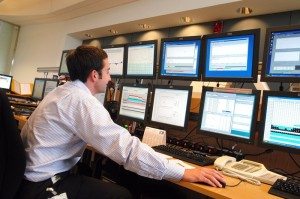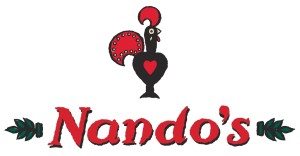What’s the Deal with… Arbitrage Trading
Traditionally defined, arbitrage trading refers to the simultaneous buying & selling of an asset in order to achieve a profit from price discrepancies. An arbitrage trade is essentially one that achieves its return through the exploitation of price differences between two identical assets. If you can buy a share in Apple for £500 from one seller, and sell it immediately to another for £600, you execute an arbitrage trade that yields £100 profit.
A related concept is market efficiency. Markets are said to be efficient if the prices of traded assets correct themselves for new information that becomes available. In an efficient market, arbitrage trading is non-existent. Theoretically. This is the ‘law of one price’ – All identical assets should trade for the same/one price. Need a little more explaining? Okay. Picture this:
You’re hanging pretty bad from that night in Smack. You managed to successfully complete your M&A deal, Banker’s fees paid for in full. After bidding your counterparty farewell, you decide to venture into Tesco to sedate your growing hunger pangs. Now, hung-over food cravings can be strange. Some days you fancy a banana milkshake, others, a rather sizable bag of Éclairs. Today however, you feel peckish for a little chicken.
You head over to the ‘Hot Deli’ section, to find a full Chicken labelled for £3.99. A FULL Chicken! At Nando’s, they sell full chickens for £12.50! Being the budding entrepreneur that you are, you decide to take advantage of this apparent mispricing. You buy a whole Chickens from Tesco at the lower price, walk outside Nando’s, and begin to sell your wears on the street for the newly marked-up, ‘Nando’s price.’ Customers love it & you’re making a cool £8.50 on every Chicken you sell. This would be an example of Arbitrage.
Making a cool profit, you decide to expand; you start to buy in bulk. As with the financial markets, the price of Tesco’s Chicken would increase to reflect the increased demand, and would keep rising until it was equal to that of the price of Chicken in Nando’s. Tesco’s and Nando’s full Chickens are now equal price and no arbitrage opportunity is available – this is the law of one price!
For an arbitrage trade to work however, the assets being traded must be absolutely identical. If you like a lemon & herb coating on your ½ plate of chicken wings, then you best make sure your Tesco purchase comes equip with the same coating, else your arbitrage trade will not work.
There you have it: Nando’s & Arbitrage.
Want something explained? Tweet @boarmoney



Comments